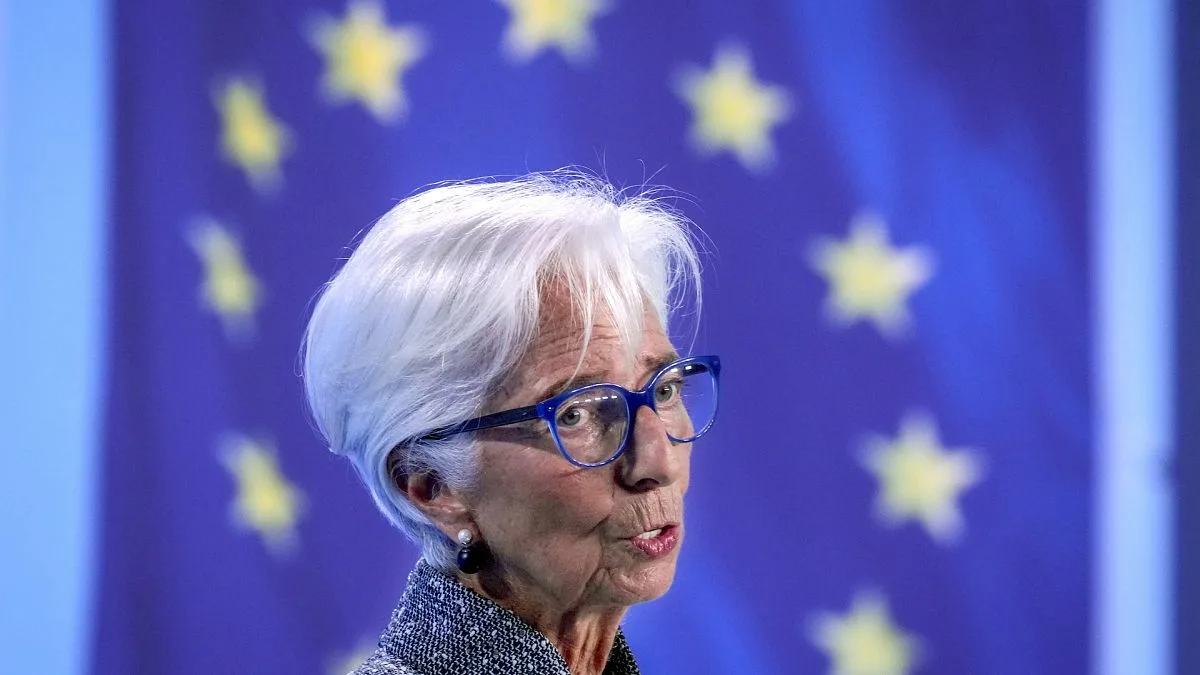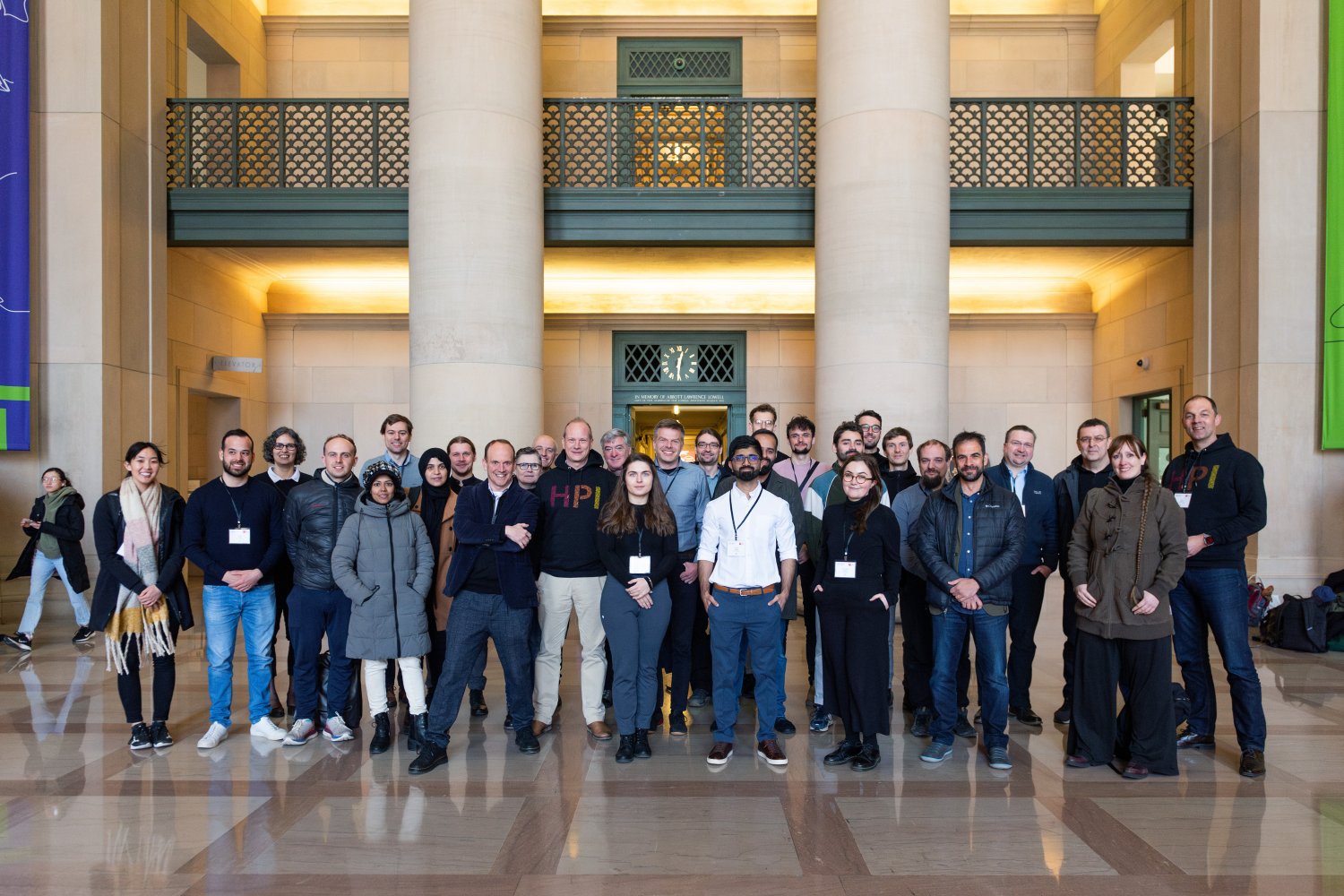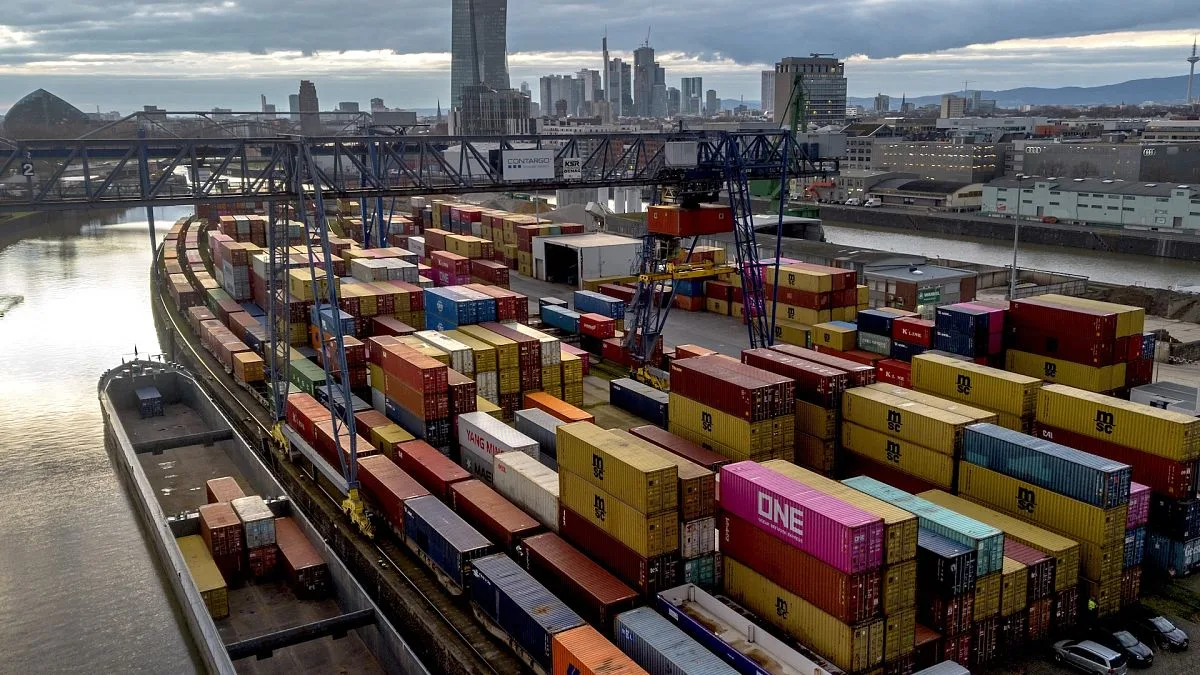Christine Lagarde, the President of the European Central Bank (ECB), has highlighted the importance of adopting a cautious, data-driven strategy when it comes to interest rate cuts. She stressed the urgency of addressing productivity challenges, high energy costs, and the digital transformation of Europe.
In a recent dialogue with Frederick Kempe, President and CEO of the Atlantic Council, Lagarde reiterated that the ECB’s monetary policy decisions will be guided by upcoming economic data. She emphasized the importance of being cautious in light of changing economic landscapes, underscoring that while disinflationary trends are present, a commitment to drastic rate easing is not yet on the table.
“We acknowledge that a disinflationary trajectory is emerging, which opens the door to potentially easing restrictive monetary policies, but we must remain vigilant,” she remarked, reiterating that future rate cuts are contingent on data trends.
Despite recent rate reductions in June, September, and October, Lagarde dismissed notions of a predetermined rate-cut strategy, asserting, “There is no fixed systematic sequence to our actions.” This approach allows for flexibility and tailored responses as economic conditions evolve.
On a parallel note, in Washington D.C., Philip Lane, the ECB’s Chief Economist, offered a cautiously optimistic view of the eurozone’s economic recovery during the 2024 IIF Annual Membership Meeting. He acknowledged that while some recent indicators raised concerns about growth, a significant downturn in the eurozone economy is not anticipated.
“A solid recovery remains a plausible outlook,” Lane noted, pointing to robust wage growth as a favorable indicator, thus reinforcing the ECB’s confidence in the ongoing disinflation process.
Addressing Europe’s Competitiveness: Productivity, Energy, and Digitalisation
Turning to Europe’s competitive standing globally, Lagarde spotlighted a critical productivity gap compared to the United States, noting that U.S. productivity surged by 50% from 1995 to 2020, whereas Europe saw only a 28% increase. “Europe must prioritize bridging this productivity gap,” she stated, emphasizing the need for swift action.
Lagarde attributed part of this disparity to Europe’s slower integration of technology into various sectors. “The observable difference between a 50% increase and a 28% increase highlights the impact of the tech sector,” she explained, underscoring the necessity for Europe to identify the industries that will drive future productivity improvements.
High energy costs also emerged as a significant obstacle to Europe’s competitiveness, with Lagarde drawing attention to the stark contrasts between energy prices in Europe and the U.S. “Energy costs in Europe are two to three times higher than in the U.S., and gas prices can be four to five times the cost,” she pointed out.
Lagarde supported the recommendations outlined in a recent report by Mario Draghi, advocating for a “swift and strategic decarbonization of the economy” as a solution. She affirmed that such transformative investments could ultimately lead to reduced energy costs and bolster Europe’s competitive edge. “Europe has the potential to lead in non-fossil energy sources, which would ultimately present a more affordable energy future once the transition is complete,” she added, emphasizing the dual benefits of this strategy: enhancing competitiveness and combating climate change.
Capital Markets Union: The Urgency for Action
A third area of concern Lagarde raised was digitalisation, pointing out that Europe continues to fall behind the U.S. and China in attracting the necessary venture capital to foster digital innovation. “The volume of venture capital raised in Europe is minimal compared to what is secured in the U.S. and China,” she noted.
To counteract this trend, she has consistently advocated for the establishment of a Capital Markets Union—an integrated financial market across the eurozone designed to facilitate vital capital flows essential for technological innovation and digital growth, thereby enhancing overall productivity in Europe.
Reflecting on Draghi’s report, Lagarde emphasized the urgency to transition from identifying problems to implementing effective solutions. “It’s time to get into the details, roll up our sleeves, and execute,” she stated. “The urgency of the matter is now.”
Photo credit & article inspired by: Euronews



